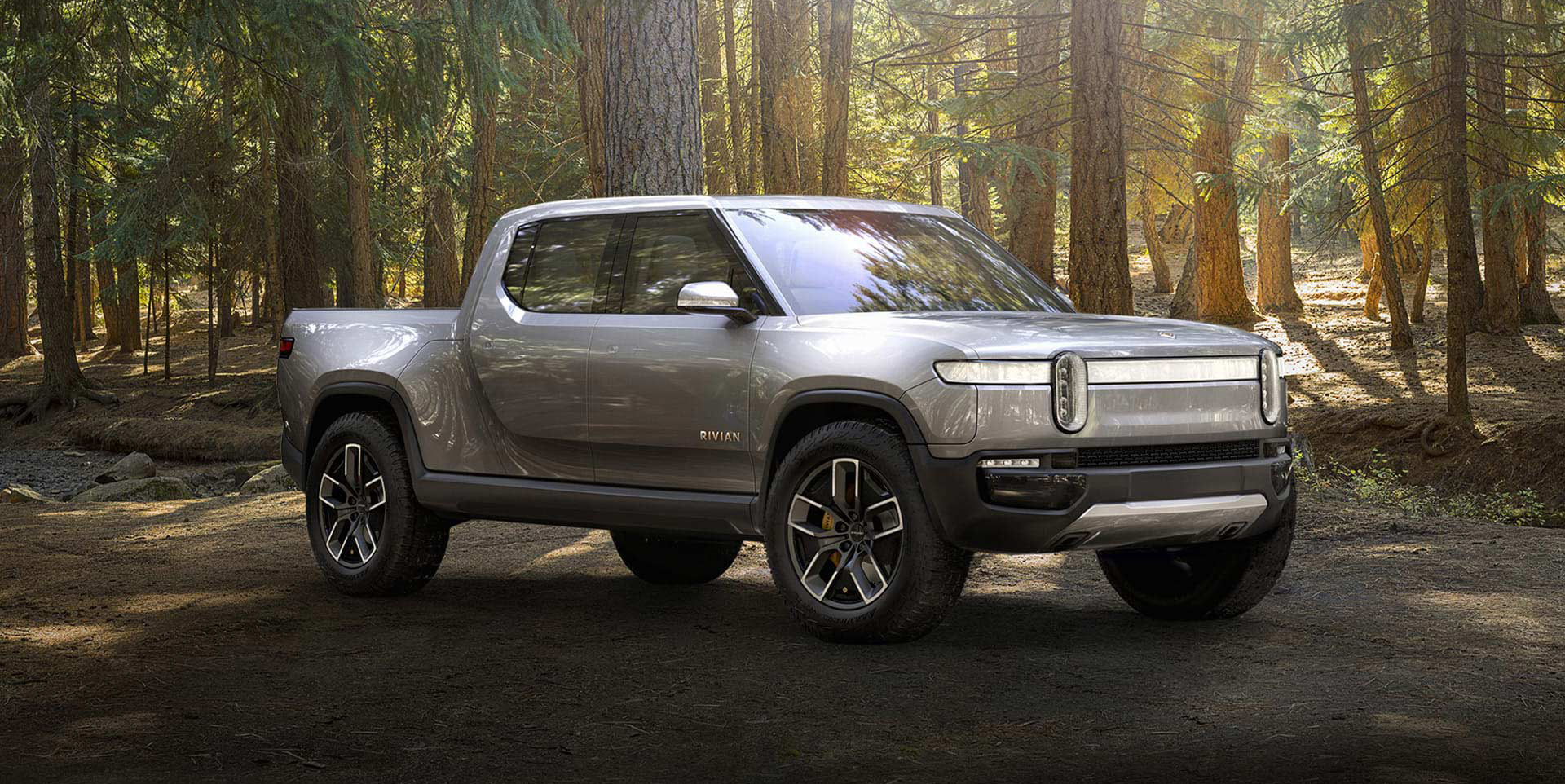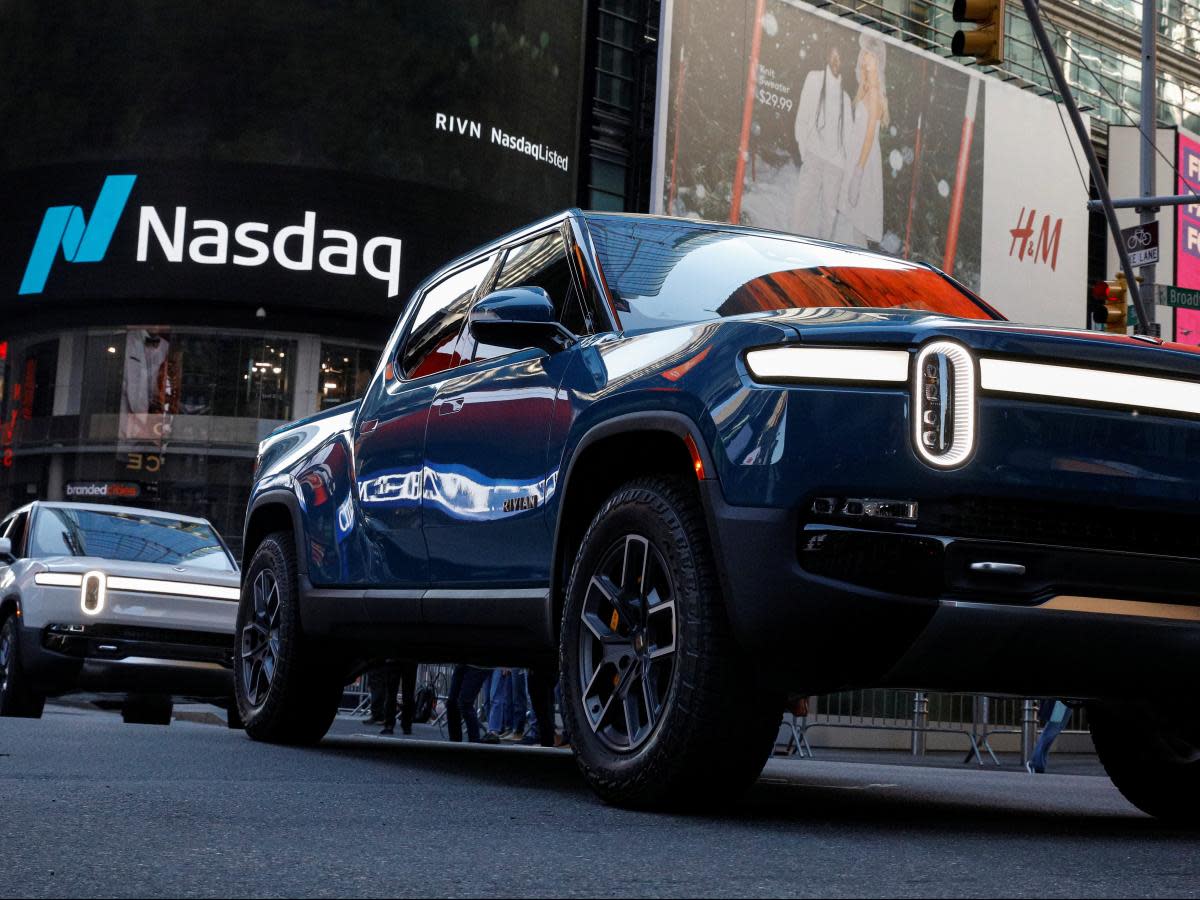The Future of Rivian: What will Happens in next 5 Years?

Monday, December 13, 2021 | Chimniii Desk
Key Highlights
- Rivian anticipates reaching a production rate of 150,000 automobiles per year in late 2023.
- The corporation focuses on two of the most profitable divisions of the automotive industry.
- The stock is overvalued, despite the fact that the corporation confronts numerous hazards.
Advertisement
/cdn.vox-cdn.com/uploads/chorus_asset/file/18276961/rivian_electric_truck_3736.jpg)
Rivian attracted a great deal of attention and interest following its recent initial public offering. And why would you not? The newly public business has launched an all-electric pickup truck ahead of Ford, General Motors, and Tesla. Additionally, it has received over 55,000 pre-orders for its pickup truck and SUV.
Rivian is still in its infancy, having delivered only 156 automobiles as of October. Consider where the company and its stock could be in five years.
Rivian's expansion plans
Rivian intends to concentrate its efforts in the near term on the pickup truck, SUV, and commercial van categories. Its initial priority geographies include the United States, Canada, and Western Europe. In the long run, the company wants to expand through expanding into new major areas and producing complementary products. Rivian has begun commercial production of its R1T pickup truck and aims to begin commercial production of its R1S SUV and R1S electric delivery van in December.

IMAGE SOURCE: RIVIAN.
Rivian's manufacturing facility in Normal, Illinois, has a capacity of approximately 150,000 units per year. Along with the 55,000 pre-orders for the R1T and R1S, Rivian has a deal with Amazon to supply 100,000 delivery vehicles until 2030. Rivian, on the other hand, anticipates completing the delivery of all vans by 2025.
It anticipates delivering 55,000 R1Ts and R1Ss from its pre-order backlog by the end of 2023. Additionally, Rivian anticipates producing 150,000 vehicles per year (including commercial vehicles) by late 2023.
By the end of 2023, if everything goes according to plan, Rivian will have delivered 55,000 pickup trucks and SUVs, in addition to almost half of its 100,000 commercial delivery vans. Within five years, it might be producing 150,000 automobiles per year and may have even begun construction of a new manufacturing site.
Advertisement
What might bolster Rivian's growth?

Along with increased government and regulatory backing for electric vehicles, Rivian offers several significant advantages. To begin, it is focusing on the pickup truck and SUV segments, which are among the most profitable and high-volume segments of the car industry. Similarly, the growth of e-commerce is increasing demand for delivery vehicles, another of Rivian's critical segments. Companies in the logistics and e-commerce sectors are converting their fleets to electric vehicles in anticipation of growing regulatory requirements.
Additionally, Rivian's own charging network may aid in its expansion. Through its own network of chargers, Rivian intends to appeal to new customers and instil confidence in the brand. In keeping with the company's offers, it intends to deploy chargers in adventurous locations as well as interstates. By 2023, the business intends to build over 3,500 fast chargers at over 600 locations. Additionally, through 2023, the corporation plans to build over 10,000 level 2 chargers.
Rivian's direct-to-customer approach, which eliminates the need for a dealer network, along with its own charging and servicing network, may enable it to create a differentiated end-to-end client experience. The company intends to monetize this over time through high-value services and subscription opportunities, such as membership and software services, finance, insurance, billing, maintenance, and repair, as well as through Rivian's own resale programme.
Finally, the recent interest in Rivian demonstrates that it has already established itself as a well-known brand without investing heavily in branding.
Advertisement
Is Rivian stock a good investment?

All of these things combine to make Rivian an intriguing firm. It is worth noting, however, that these issues may have already been factored into the stock's price. Investors are valuing Rivian for perfection, with a market cap of more than $100 billion.
Along with execution risks, competition-related risks must be evaluated. Ford, for instance, has received nearly 200,000 reservations for its next electric pickup vehicle, the F-150 Lightning. Similarly, Rivian's competitiveness will be exacerbated by the planned electric pickup trucks from Tesla, General Motors, and several others. Rivian must yet demonstrate that it can produce vehicles commercially and at the anticipated scale.
While Rivian appears to be a promising company in general, its stock price may already reflect this. Investors will receive additional information on the company's accomplishments when the company reports its third-quarter results on Dec. 16.
Advertisement